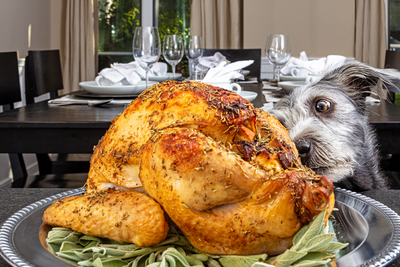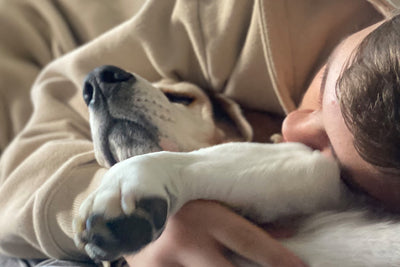The importance of pets in our daily lives cannot be overstated. They give us unconditional love and warm company whenever we need them, and they never ask for anything in return (except maybe some treats). Indeed, our pets are some of the best creatures we will meet in this lifetime.
If you were one of the kids who had a pet growing up, chances are you have already experienced the massive heartbreak of losing your pet. Then again, it doesn’t get easier even as you get older and nothing could ever prepare you for that fateful day.
Read on as we discuss pet bereavement and everything you have to know when it comes to dealing with losing your pet.
The Pain and Devastation of Losing a Beloved Pet

The loss of a pet can be devastating given the comfort they bring. Our pets are members of the family. They provide exceptional unconditional affection and support.
Pets will typically greet you when you arrive home. Regardless of how long you've been gone, their greeting is warm. You are their entire world.
Losing unconditional love is a painful process. As humans, we require love, connection, and a sense of individuality. As a result, losing our dogs is really difficult.
Losing a Pet Through Euthanasia
Grief at a pet's death is understandable and expected. However, the time you spend with your pet is never enough. It should come as no surprise that their short lifespan could affect us.
Of course, we want older animals to die naturally. But the conversation is different when your pet is suffering from an illness.
Euthanasia relieves your pet's suffering. Knowing that a health decision you made contributed to their death may increase feelings of guilt and sorrow. Here, you may feel regret or misery and may find yourself questioning your decision. Thus, it is critical to consult with your doctor and family about your options.
What to Remember as You Grieve for Your Pet
Grieving for a pet, like grieving for a loved one, takes time. Here’s what you should remember:
Accept Your Sadness
It is acceptable to cry when a pet dies. Indeed, losing a pet or having to euthanize one can cause the most distress to people and pet owners.
This enormous grief stems from the belief that pets are members of the family. They are possibly a person's most valuable possession. We must accept this anguish as normal.
Everyone’s Pain Is Distinct
The five stages of grief according to the Kübler-Ross model are denial, anger, bargaining, depression, and acceptance.
Your progress through these phases may differ from day to day. Grief, denial, wrath, and bargaining cannot all be treated in the same way. Individuals grow through these stages at their own pace and can switch between them. This is nonlinear.
It is critical to detect people's emotions and guide them through each emotion area.
Memorialize
Physical remembrances are one method to remember a pet and keep them

close to you. As a keepsake, make a photo book to remember the good times rather than spending your energy longing for a pet that will not come back.
Ensure You Have the Support of Friends and Family
The loss of a pet has an impact on the entire family. In fact, your other animals could be depressed as well. Several animals also mourn the loss of their companion.
A child's first exposure to death may be the death of a pet. This is their first experience with losing a loved one. As we get support from friends and family, we must help our children cope with sadness, death, and death. After all, for them, this is a new feeling and an unsettling one at that.





